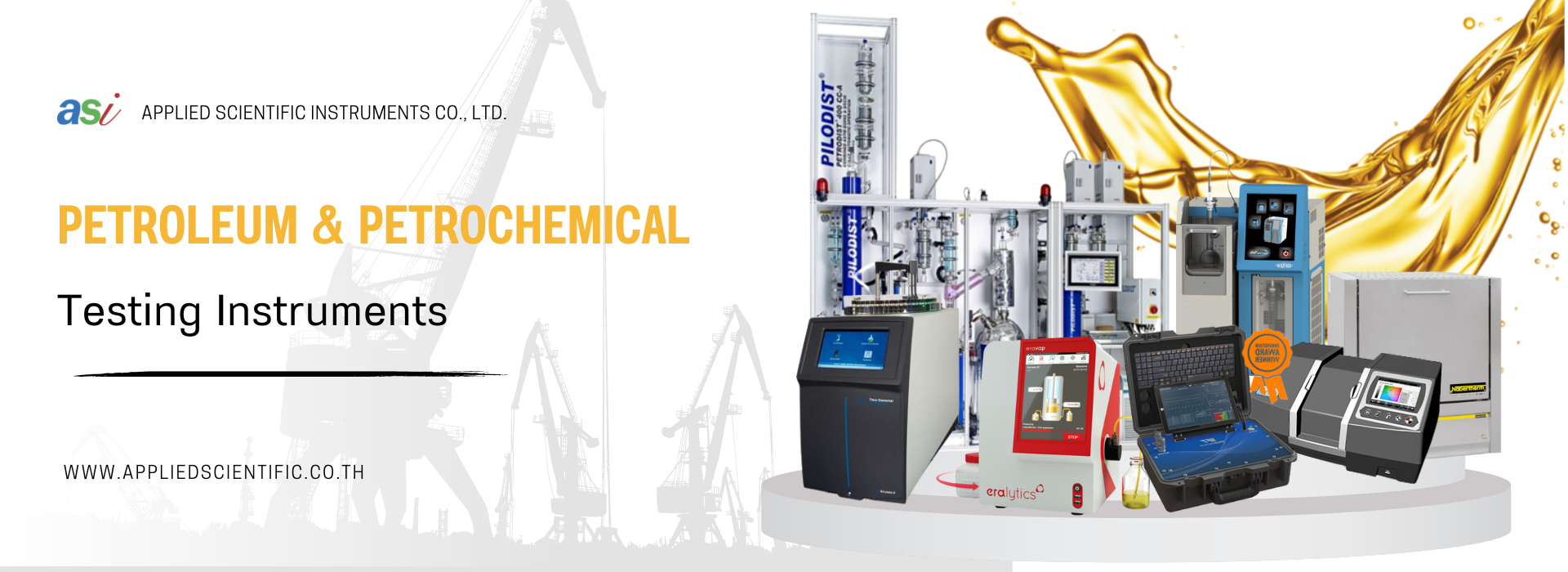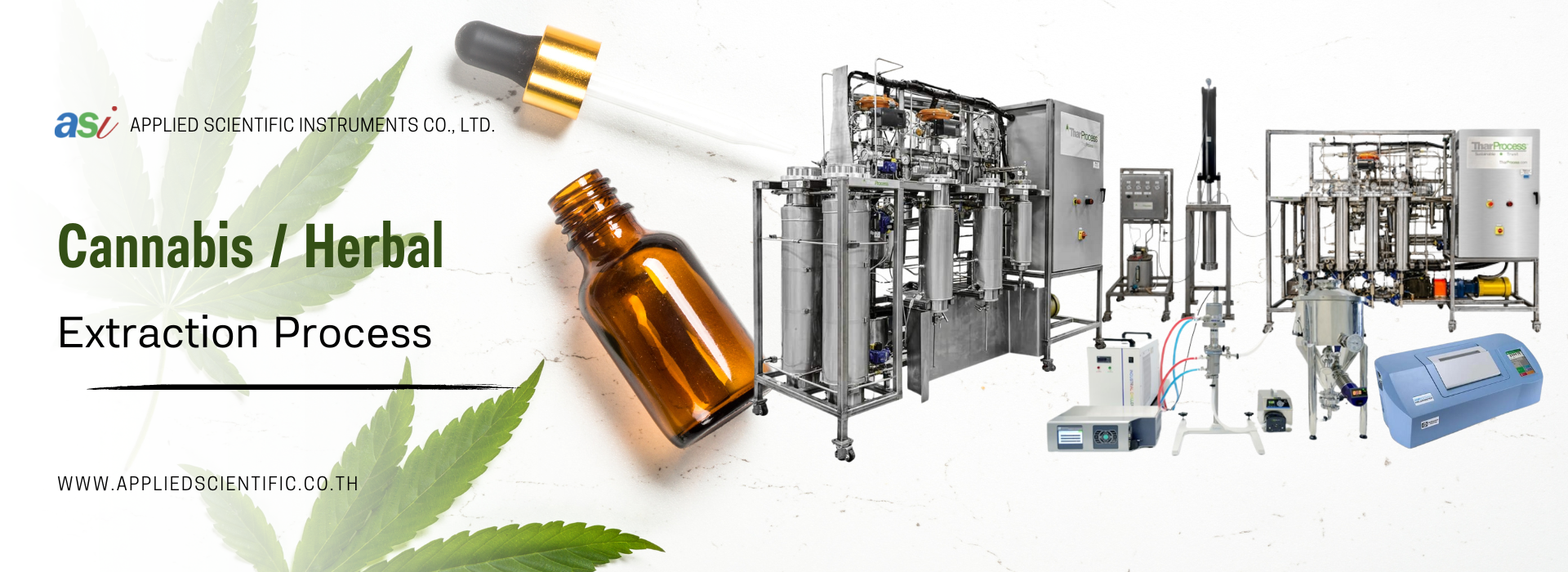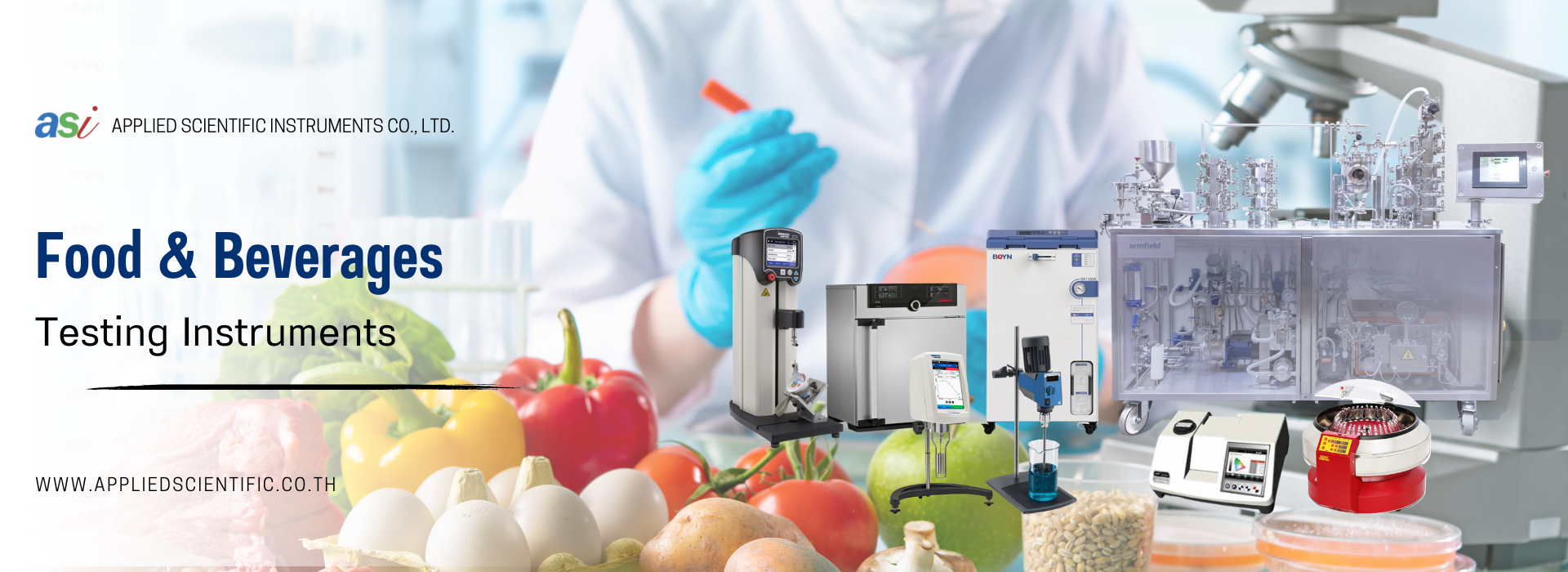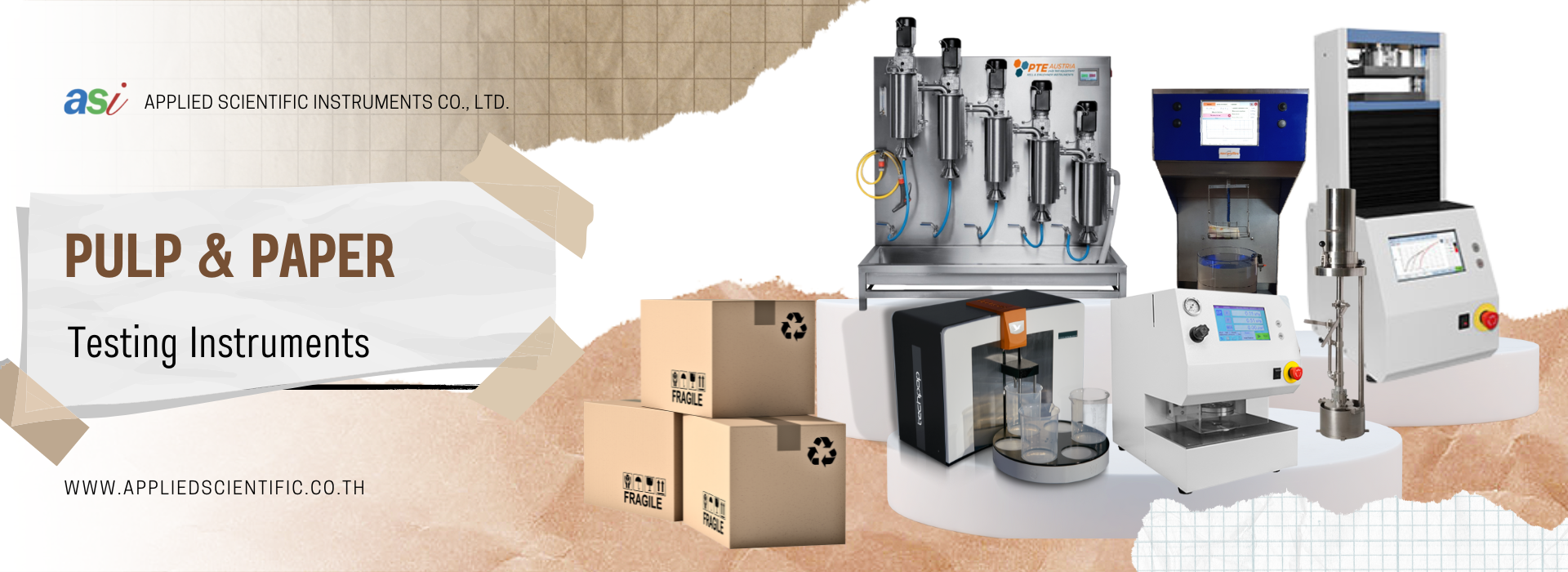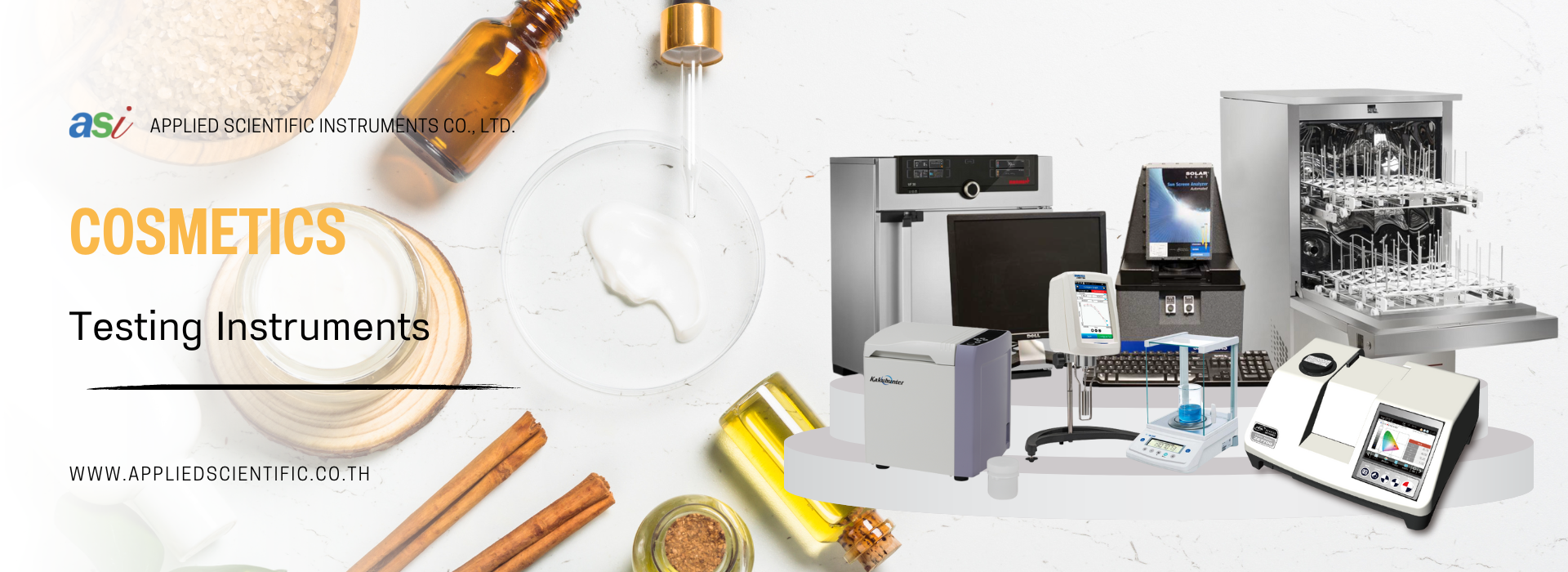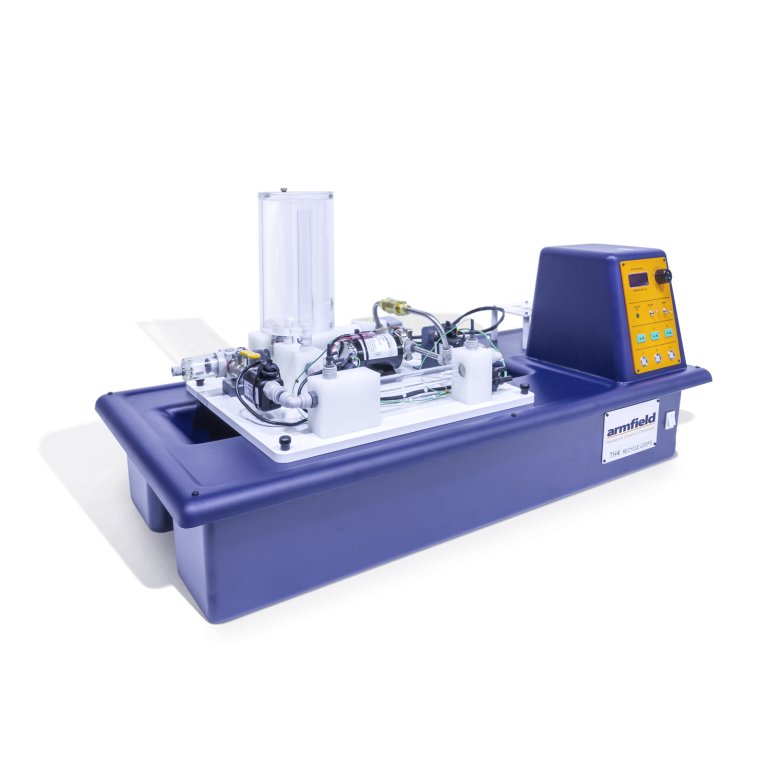
Recycle Loops
19 เมษายน 2566
ผู้ชม 553 ผู้ชม
DESCRIPTION
Recycle is a simple phenomenon, which occurs in many aspects of everyday life, but is also a concept that can lead to confusion in engineering applications when combined with other principles such as mass / energy balances and the use of the steady flow energy equation.
The Armfield Recycle Loops apparatus has been designed to demonstrate clearly, both visually and experimentally, what a recycle loop is and to enable mass and energy balances to be performed under steady state and unsteady state conditions. The application modelled is typical of a heating arrangement in the chemical, food or pharmaceutical industries whereby the temperature of a product is raised or lowered offline by recirculating some of the product through a heat exchanger.
The practical training exercises are appropriate to heat transfer and thermodynamics courses and the training of technicians and engineers in those disciplines.
A bench top unit designed to introduce students to the characteristics of a recycle loop and the typical responses under steady state and unsteady state conditions.
The apparatus consists of a through pipe conveying water from a cold water supply to a suitable drain with a loop of pipework connected between the supply and drain connections. This recycle loop incorporates a circulating pump and a heater to raise the temperature of the water in the loop. The heater can be switched on or off to generate step changes when investigating the transient responses of the recycle loop.
A pair of self-sealing fittings enables a short length of pipe or a reservoir to be connected in series with the recyle loop to change the volume of the loop and demonstrate the effect of residence time. The arrangement also permits different lengths of flexible tubing to be connected in series with the loop if it is required to create further changes in residence time.
Water temperatures at the inlet, outlet and within the recycle loop are measured using K-type thermocouples. Water flow rates at the corresponding locations are measured using miniature turbine type flow sensors. Flow sensors are included at the outlet as well as the inlet to show that these two flow rates are always equal (a simple principle that is often confusing when water is flowing through the recycle loop).
All power supplies, signal conditioning circuitry etc. are contained inside the moulded ABS support and integral console with appropriate current protection devices and an RCD for operator protection. Readings from the sensors are displayed on a digital meter with selector switch and all corresponding signals are routed to an I/O port for connection to a PC using an optional interface device included with educational software package.
EXPERIMENTAL CONTENT
- Demonstrate the effect of recycle on the total mass flow rate of a system
- Vary the flow through a recycle loop, while observing the inlet and outlet flow rates of the whole system
- Investigate the steady state heat balance equation applied to a recycle loop
- Vary the flow rate through a recycle loop, whilst heating the recycle fluid and observing the temperatures of the inlet, outlet and recycle loop flow
- Investigate the unsteady heat balance applied to a recycle loop
- Investigate the steady flow energy equation applied to a recycle loop
- Calculate the heat transfer rate at a range of recycle rates, using the steady flow energy equation
- Investigate the effect of parameter changes on response rates
- Vary parameters such as heater power and recycle loop volume and investigate any subsequent change in system response
FEATURES & BENEFITS
- The small-scale of the loop ensures that responses can be fully evaluated in a normal laboratory session
- Water is used as the working fluid for safety and ease of use
- All electrical sensors can be logged using a PC (not supplied)
- Optional teaching software is available for data logging


